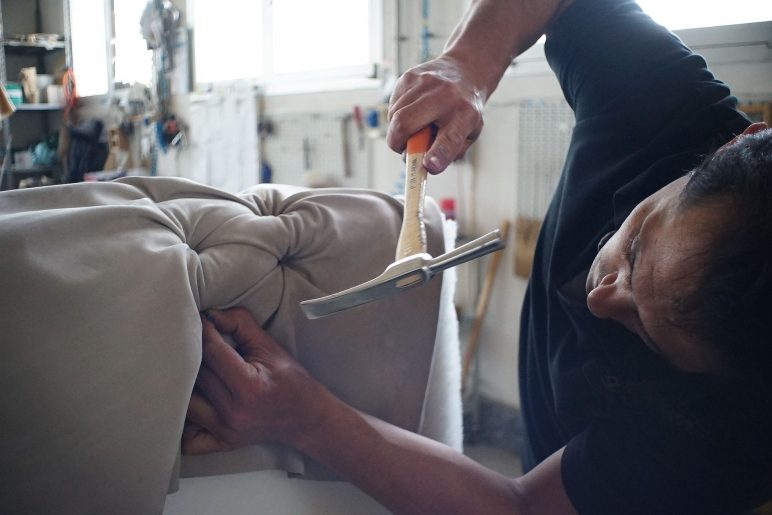It’s an end-to-end problem – and an opportunity
I was in conversation with a fellow consultant recently where she described her horrendous experience returning a sofa she had bought. You’d think this would be a straightforward exercise – these days I find it’s straightforward to return unworn or undamaged products to suppliers and get a refund – but not so. In this case the sofa had been covered with a fabric that, after a few weeks, had stretched significantly, making the whole thing look worn and unattractive.
My friend’s initial attempt to sort out a return was rebuffed but she was undeterred and sought out help from a fabric expert, who confirmed that the fabric used was too stretchy and therefore unsuitable for use as a sofa covering, and a lawyer friend who obliged her with a suitably stiff letter.
The supplier caved at this point and duly accepted the return – although not without charging her for picking it up – so yet another tale of customer woe closes.
Another tale of woe
Since I’m not in the market for a new sofa at the moment I forgot to ask who the supplier was, but this story clearly has the potential to impact other sofa-buyers’ decision-making and if the supplier had dared ask my friend if she’d recommend them to friends and family the impact on their Net Promoter Score would be clear!
But that’s not the point: as we discussed further, we realised there are many decisions taken by suppliers of goods and services that are nothing to do with the customer.
Let’s imagine some of the decisions that the sofa supplier might have considered throughout the whole lifecycle from development through to delivery and some possible underlying assumptions:
| Decision | Underlying assumption |
| Product design: let’s choose fabrics that look great | Appearance is more important than durability |
| Sales/marketing: we want people to buy a lot of our products | People renew their sofas regularly (sustainability is not important) |
| Customer service: don’t accept returns that are worn | We don’t care about customers once they have bought our product |
| Customer service: charge for returns | Minimise costs across the supply chain |
Of those decisions, only the second two are customer-related but the first two are much more important as they address some fundamental decisions about the business. In practice they are two of a great many decisions about suppliers, costs, design, marketing and sales, that are made where the customer experience doesn’t get a look-in.
That’s why, despite the “obvious” benefits of organising a business around customers, so few businesses are genuinely customer-focused as this requires putting the customer front and centre of all decision-making.
Assumptions
When you get to the fundamental assumptions about the business – something I do when I work with clients on strategy – you may find things that are much more difficult to change than, say, complaints or returns policy.
Let’s take the second assumption above: we live in a society that is quite comfortable with renewing clothing, furnishing and other goods on a regular basis often long before the end of their useful life. Although this behaviour is coming under challenge with society’s increased focus and concern about the environmental impact of consumerism, at a business level it takes a certain courage to decide to make fewer, longer-lasting products when your current competitors are churning out great-looking products at a lower price point.
I find that dealing with assumptions and underlying business principles coupled with a focus on the real outcomes that organisations deliver for customers forms the basis of real, change and business strategies that are driven by the customer. Customer experience leads should be involved at this stage and should also develop their own ability to challenge underlying assumptions that decision-makers hold.
Thanks to Nanette Young for the sofa story
